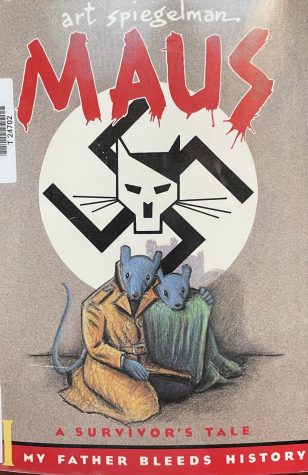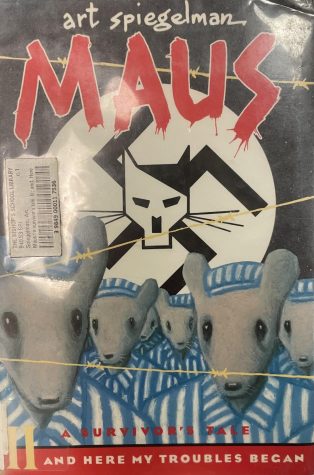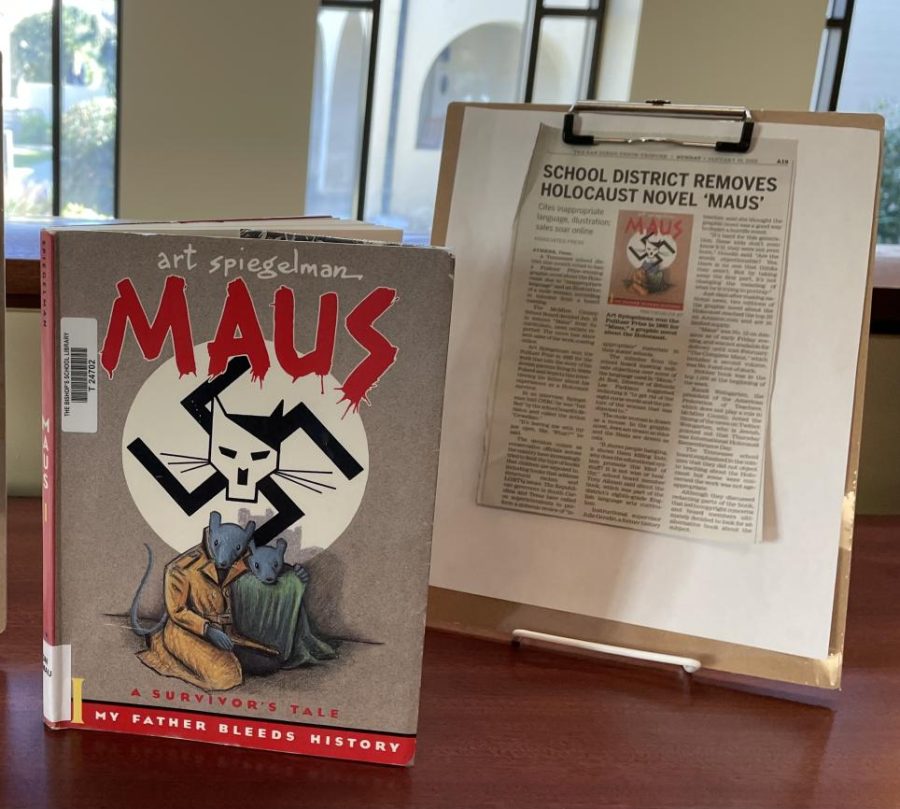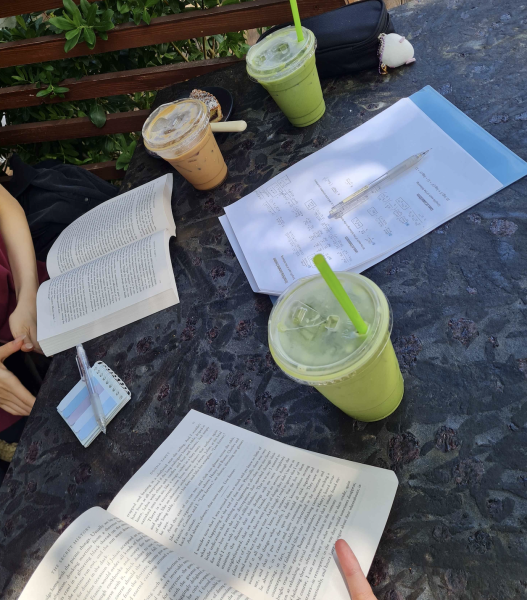Why “Maus” Was Banned and Why It Matters
“Maus,” a book detailing the experiences of a Holocaust survivor, has been banned by a school board in Tennessee.
Maus. The German word for “mouse,” the name of an Icelandic rock band… and the title of a book about the Holocaust that was recently banned by the McMinn County School Board in Tennessee. It tells the story of the cartoonist Art Spiegelman’s father, a Polish Holocaust survivor, and has long been valued as an important piece of literature; in fact, it is the first and only graphic novel to ever win a Pulitzer Prize, which is possibly why the ban has sparked so much controversy.

There is much debate about the maturity of middle schoolers; what books are fit for them to read? Can eighth graders handle profanity, nudity, and violence? Not according to McMinn County board member Mike Cochran, who thinks “we can teach them graphic history, we can tell them exactly what happened, but we don’t need all the nakedness and all the other stuff.” The “nakedness” he is referring to is a panel featuring a nude woman with the head of a mouse – as all Jews are depicted in Maus – who has committed suicide, and is lying in a bathtub.
As for profanity, which contributes to the “other stuff” in question, there are eight instances of swear words appearing in the book.
But perhaps the thing parents and board members find most upsetting is the amount of violence in the book. This is unsurprising, considering its subject matter. There are shootings, beatings, poisonings, and much more that were deemed unfit for an eighth grade curriculum. Even if the board had been able to censure the images of nudity and swearing, as they had originally planned, it would have been difficult to censure all of the violence… but it’s not a guarantee that if they did so it would even remain the same book.

Telling history accurately and meaningfully is a never-ending struggle, but one that the US Holocaust Museum thinks is necessary. In recent tweets, it declared that “Maus has played a vital role in educating about the Holocaust through sharing detailed and personal experiences of victims and survivors.” Without the demonstration of the full extent of these experiences, will they remain as educational and vital?
It isn’t only organizations that believe education is the first step to empathy. History teacher Ms. Alexis Stern is of the opinion that “if we’re not going to learn from this history, it will continue.” This sentiment is also shared by students such as Marianna Pecora (‘22), a member of Voters of Tomorrow, an organization that has recently started distributing books to places where they have been banned. Marianna thinks that “reading an experience from somebody else’s point of view makes us all more empathetic and more compassionate people.”
As for the Bishop’s library, it “has never banned a book,” according to Library Director Ms. Alisa Brandt. She then added that there has never even been a challenge to a book in the library. It goes beyond just having banned books, though: the school has been promoting Maus, as you can find a display of the book near the front of library.
The banning of Maus may have just occurred in one county of one state, but that doesn’t mean it doesn’t matter; there’s a possibility that other schools will follow in the footsteps of McMinn County, which will no doubt affect education surrounding the Holocaust, education that could be vital in creating more empathetic and understanding individuals.

Lucy is a senior and Lead Content Editor for The Tower. This is her fourth year on the staff and second on the editorial team, and she can’t wait to...







